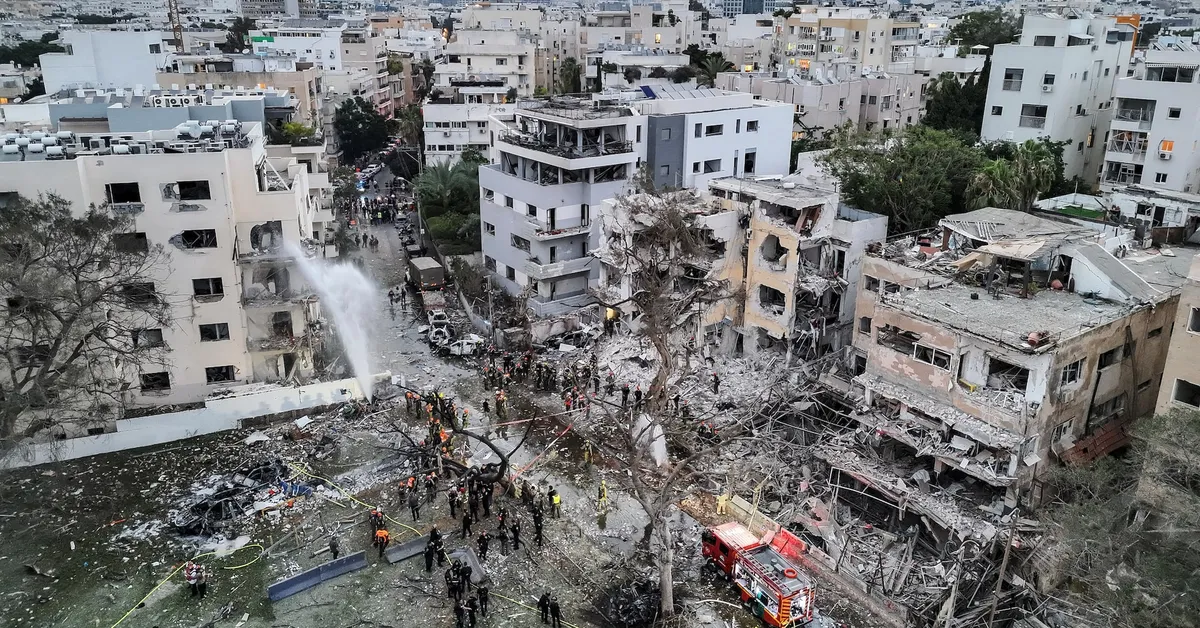
BERLIN, June 18 (Reuters) - In a significant diplomatic move, the foreign ministers of Germany, France, and Britain are set to engage in crucial nuclear talks with their Iranian counterpart this Friday in Geneva, as reported by a German diplomatic source. This meeting aims to address escalating tensions in the region and ensure that Iran adheres to its commitments regarding its nuclear program.
The upcoming discussions will begin with a meeting involving the European Union's chief diplomat, Kaja Kallas, at Germany's permanent mission in Geneva. Following this preliminary gathering, the European ministers will convene with the Iranian foreign minister. This initiative reflects a concerted effort by European powers to stabilize the situation amid growing fears of a wider conflict in the Middle East.
These talks come in the wake of Israel's extensive military actions against Iran, which began last week, followed by Iran's missile strikes targeting Israeli interests. The intensity of these military actions has raised concerns about the potential for a broader conflict, especially with the United States remaining ambiguous about its involvement in Israel's military campaign.
The primary objective of the talks between the European nations and Iran is to obtain a firm commitment from Iran regarding its nuclear program, ensuring that it will be used exclusively for civilian purposes. The German diplomatic source indicated that these discussions are taking place in coordination with the United States, signaling a unified front among Western allies.
Following the initial talks, a structured dialogue at the expert level is expected to occur, aimed at delving deeper into the specifics of the nuclear program and addressing any concerns. Israel has made it clear that its goal is to thwart Tehran's capacity to develop a nuclear weapon, while Iran has consistently denied any military intentions behind its nuclear activities.
The situation has prompted strong reactions from various political leaders. German Chancellor Friedrich Merz has publicly supported Israel's military actions, urging Iran to de-escalate the situation or risk facing severe consequences. His remarks have drawn ire from Tehran, adding another layer of complexity to the already tense diplomatic landscape.
In contrast, German Foreign Minister Johann Wadephul has taken a more conciliatory approach, urging Iranian leaders to engage in dialogue and seek a peaceful resolution regarding their nuclear ambitions. He emphasized that it is "never too late to come to the negotiating table," highlighting the importance of diplomacy in these fraught times.
The outcome of the upcoming talks in Geneva could be pivotal in shaping the future of nuclear diplomacy with Iran and in addressing the broader security concerns in the Middle East. As all parties prepare for this critical dialogue, the world watches closely, hoping for a resolution that promotes peace and stability in the region.
Writing by Rachel More, Editing by Marguerita Choy and Daniel Wallis.